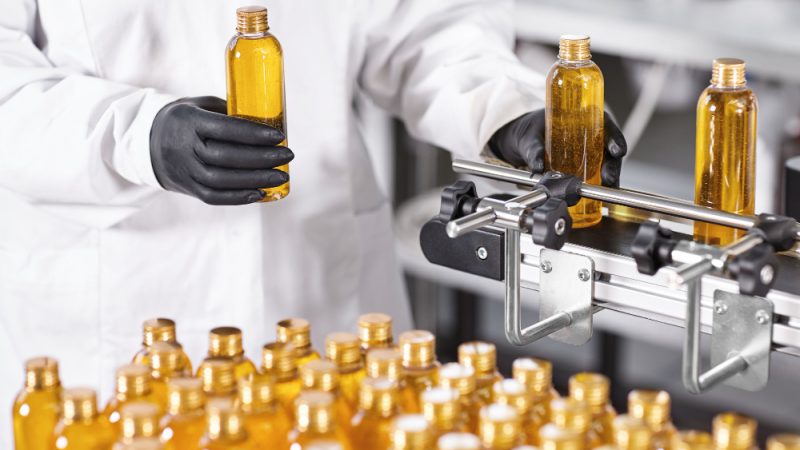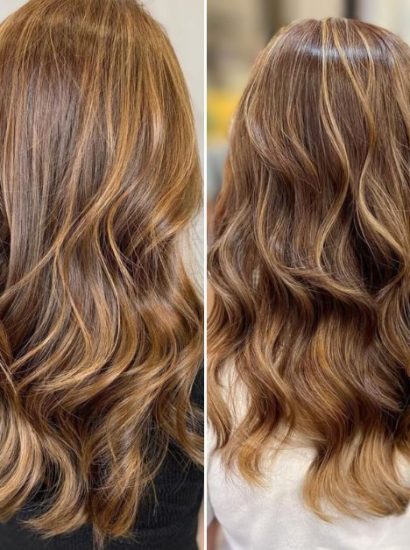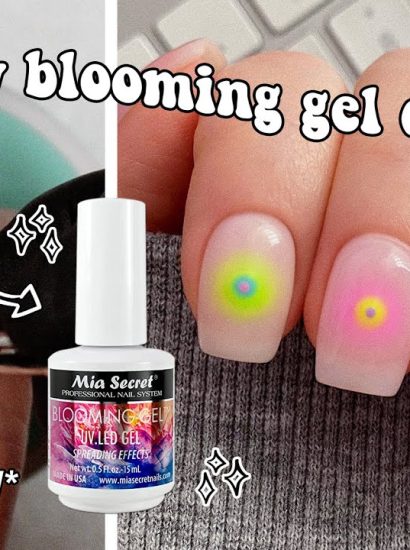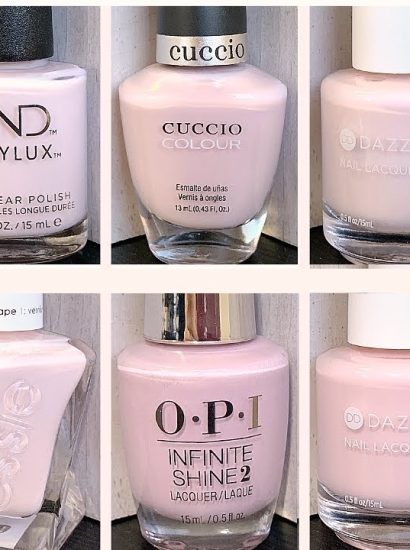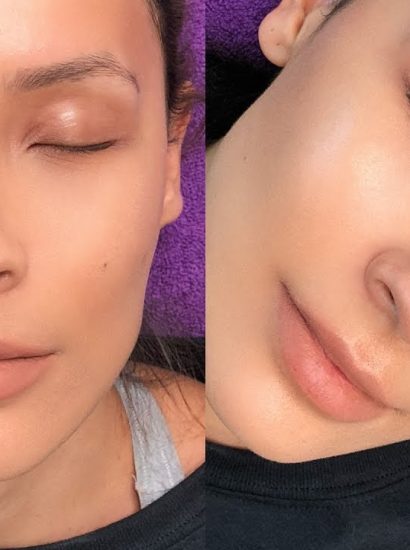Skincare Manufacturer: The skincare industry is vast and intricate, involving more than just the products you see on shelves. Behind every bottle of serum or jar of moisturizer is a world of manufacturing expertise, innovation, and meticulous attention to detail. Understanding the ins and outs of skincare manufacturing can provide valuable insights into how your favorite products are made and the quality that goes into them. In this article, we’ll delve into ten lesser-known aspects of skincare manufacturing that can enhance your knowledge and appreciation of the industry.
Skincare Manufacturer: The Role of Raw Material Sourcing
One of the most critical aspects of skincare manufacturing is the sourcing of raw materials. High-quality ingredients are essential for creating effective and safe skincare products. Manufacturers often source raw materials from specific regions known for their unique properties. For instance, certain plants or minerals are harvested in areas where they grow best, ensuring optimal potency and efficacy. Additionally, many manufacturers are increasingly focusing on sustainable sourcing practices to minimize their environmental impact and support ethical production.
Skincare Manufacturer: Stringent Quality Control Processes
Skincare manufacturers implement rigorous quality control processes to ensure that every product meets safety and efficacy standards. This includes testing raw materials, monitoring production environments, and performing thorough inspections at each stage of the manufacturing process. Advanced technologies such as high-performance liquid chromatography (HPLC) and gas chromatography-mass spectrometry (GC-MS) are used to verify the purity and consistency of ingredients. Quality control helps prevent contamination, ensures product stability, and maintains the integrity of the final product.
The Complexity of Formulation Development
Formulating skincare products involves a complex blend of science and art. Skincare manufacturers work with chemists and formulators to create unique formulations that balance effectiveness, stability, and sensory experience. This process requires extensive knowledge of ingredient interactions, pH levels, and preservative systems. Formulators often spend months refining a single formula to achieve the desired texture, fragrance, and performance. Additionally, manufacturers must comply with regulatory guidelines that dictate the allowable concentrations and combinations of ingredients.
Importance of Packaging Design
Packaging design plays a crucial role in the skincare manufacturing process, impacting both the product’s functionality and its appeal to consumers. Manufacturers invest in innovative packaging solutions to protect the integrity of the product, enhance user experience, and ensure convenience. For example, airless pumps and opaque containers are used to preserve the potency of sensitive ingredients like antioxidants and retinoids. Additionally, eco-friendly packaging options are becoming increasingly popular as brands strive to reduce their environmental footprint.
The Impact of Regulatory Compliance
Regulatory compliance is a fundamental aspect of skincare manufacturing, ensuring that products are safe and effective for consumers. Manufacturers must adhere to stringent regulations set by governing bodies such as the U.S. Food and Drug Administration (FDA) and the European Medicines Agency (EMA). These regulations cover various aspects, including ingredient safety, labeling requirements, and clinical testing. Compliance with these regulations not only protects consumers but also helps manufacturers avoid legal issues and maintain their reputation.
The Role of Clinical Testing
Clinical testing is a critical component in the development of skincare products. Manufacturers often conduct clinical trials to assess the safety and efficacy of their products. These trials can range from small-scale studies involving a few participants to large-scale trials with hundreds of volunteers. Clinical testing helps determine how a product performs in real-world conditions and provides evidence of its benefits. Results from these studies are often used in marketing claims and product labeling to support the efficacy of the product.
Advancements in Technology
Technology plays a significant role in modern skincare manufacturing, driving innovation and efficiency. Advanced technologies such as 3D printing, artificial intelligence, and automation are transforming the industry. For instance, 3D printing allows manufacturers to create customized skincare products tailored to individual needs. Artificial intelligence is used to analyze large datasets and predict ingredient interactions, while automation streamlines production processes and reduces human error. These technological advancements enhance product development and manufacturing capabilities.
The Influence of Consumer Trends
Consumer trends heavily influence skincare manufacturing, driving manufacturers to adapt and innovate. Trends such as clean beauty, personalized skincare, and wellness integration are shaping the industry. Manufacturers are responding by developing products that align with consumer preferences for natural ingredients, minimalistic formulations, and holistic approaches. Staying attuned to these trends helps manufacturers remain competitive and meet the evolving demands of the market.
Challenges in Scaling Production
Scaling production from a small batch to mass production presents several challenges for skincare manufacturers. Ensuring consistency and quality across larger quantities requires precise control over the manufacturing process and stringent quality checks. Manufacturers must also address issues related to ingredient sourcing, equipment maintenance, and supply chain management. Effective scaling involves balancing production efficiency with maintaining the high standards expected by consumers.
The Future of Skincare Manufacturing
The future of skincare manufacturing is poised for exciting developments driven by ongoing research and innovation. Emerging trends such as biotechnological advancements, eco-friendly practices, and personalized skincare solutions are expected to shape the industry. Manufacturers are exploring new ingredients derived from biotechnology and developing sustainable production methods to reduce their environmental impact. The future also holds potential for more personalized products that cater to individual skin needs and preferences.
Conclusion
Understanding the intricacies of skincare manufacturing reveals the complex processes and innovations that go into creating the products we use daily. From raw material sourcing and quality control to technological advancements and consumer trends, each aspect plays a crucial role in shaping the skincare industry. By gaining insight into these lesser-known facets of manufacturing, you can appreciate the craftsmanship and dedication involved in bringing effective and safe skincare products to market. As the industry continues to evolve, staying informed about these developments will enhance your knowledge and appreciation of skincare.
FAQs
1. What are the key factors to consider when choosing a skincare manufacturer?
When choosing a skincare manufacturer, consider factors such as their experience, quality control processes, regulatory compliance, and the ability to scale production. Additionally, evaluate their commitment to sustainability and their track record in innovation.
2. How do manufacturers ensure the safety of skincare products?
Manufacturers ensure safety through rigorous quality control processes, clinical testing, and adherence to regulatory guidelines. Testing for ingredient safety, product stability, and potential contaminants helps prevent adverse effects and ensures product integrity.
3. What role does technology play in skincare manufacturing?
Technology enhances skincare manufacturing through innovations such as automation, advanced testing methods, and data analysis. Technologies like 3D printing and AI contribute to product customization and development, improving efficiency and precision.
4. How do skincare manufacturers respond to consumer trends?
Manufacturers respond to consumer trends by adapting their product offerings to align with current preferences. This includes incorporating natural ingredients, developing eco-friendly packaging, and exploring personalized skincare solutions.
5. What challenges do manufacturers face when scaling production?
Challenges in scaling production include maintaining consistency and quality, managing ingredient sourcing and supply chain logistics, and ensuring equipment reliability. Manufacturers must address these issues to meet the demands of larger-scale production while upholding high standards.
Also read: Are Korean Skincare Products Better for Asians? 10 Reasons You Should Know

